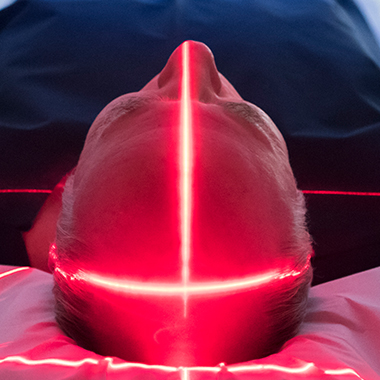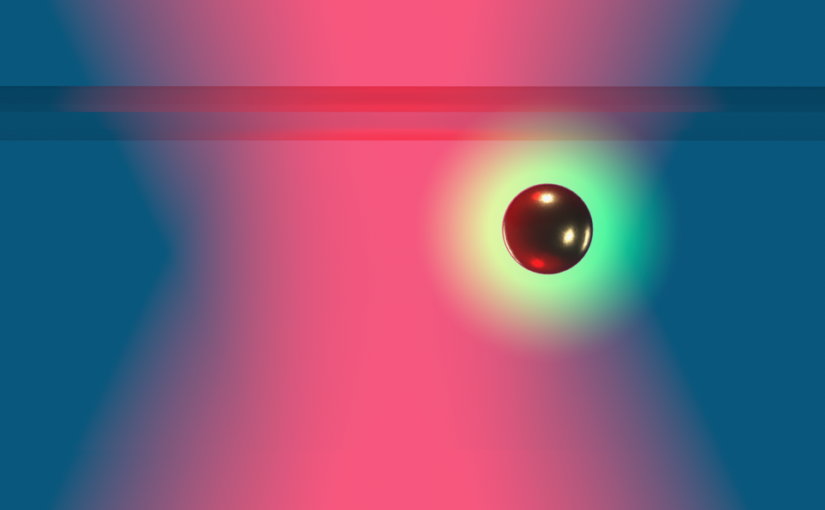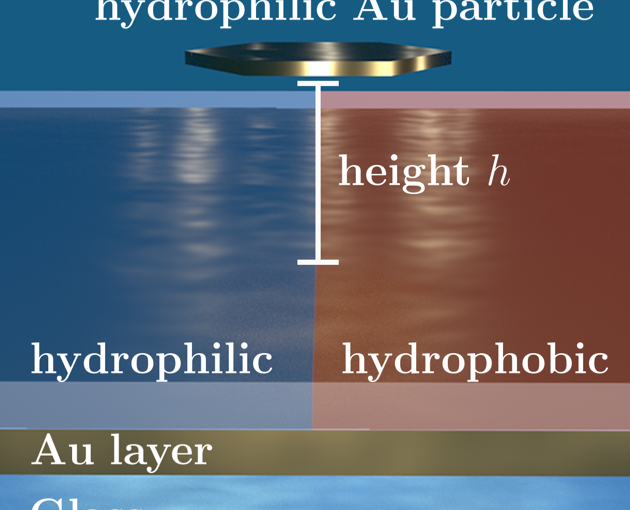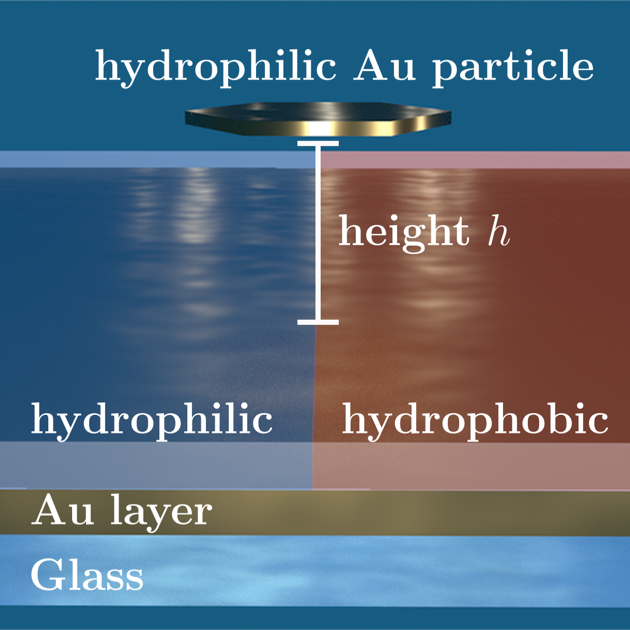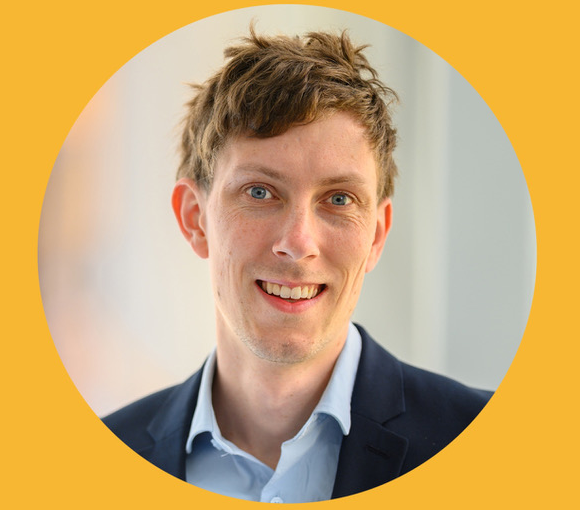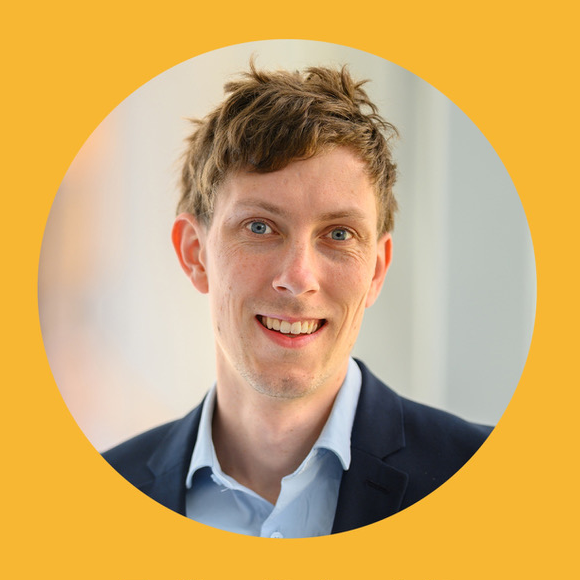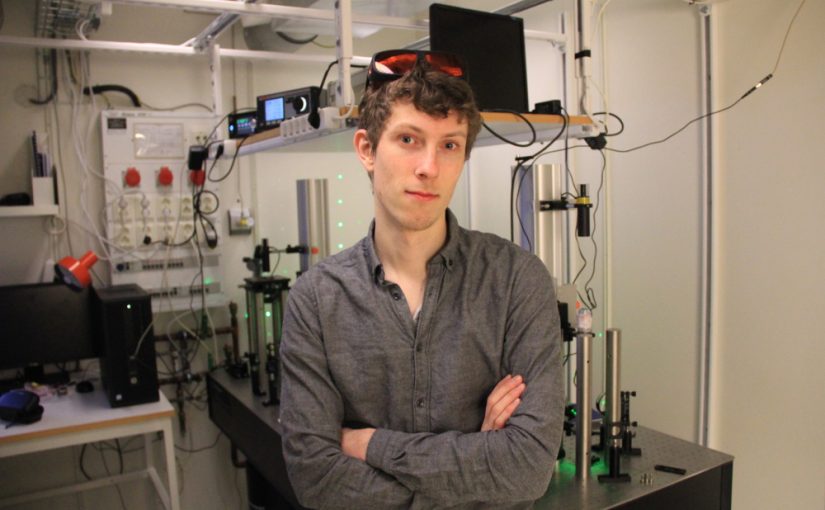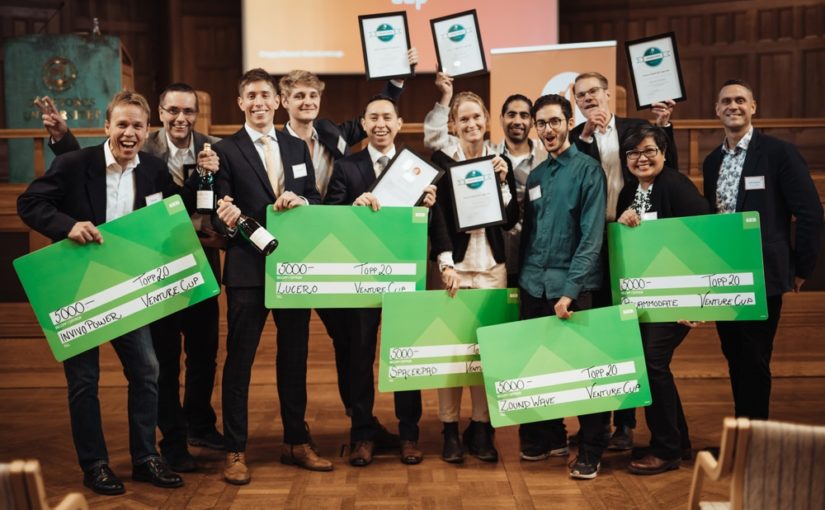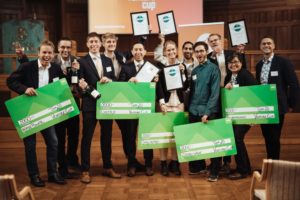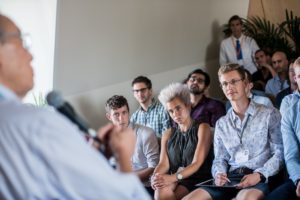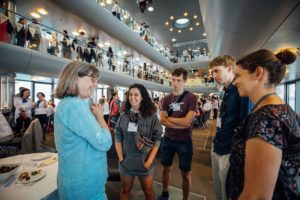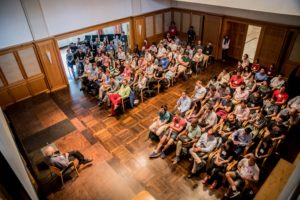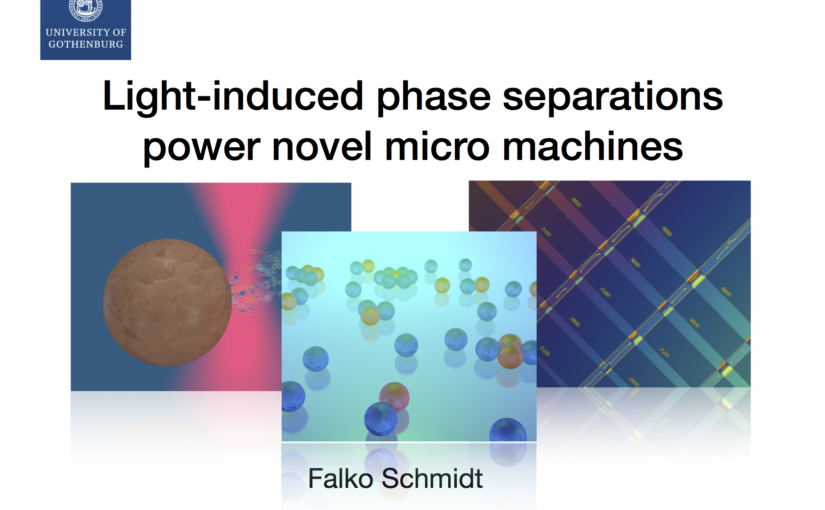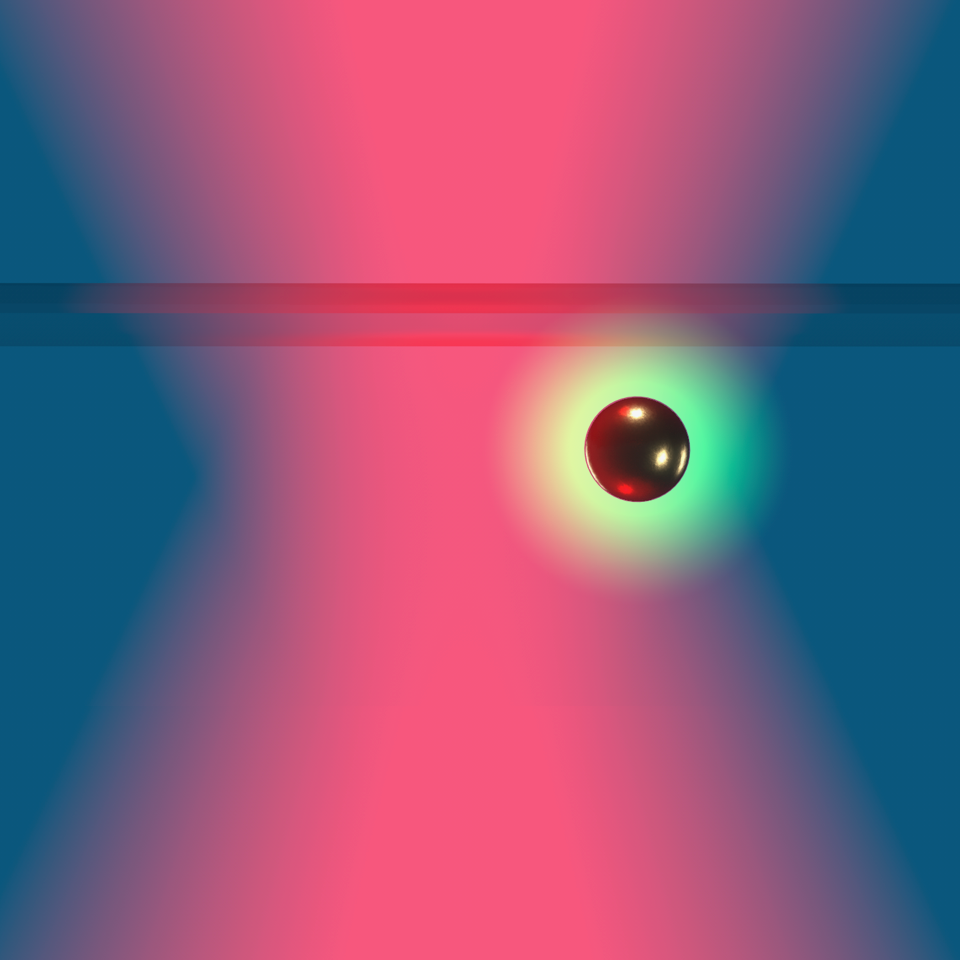
Falko Schmidt has been nominated by the Optical Society of America for a Student Paper Prize for Optical Manipulation and its Applications among three other finalists. He will present his work on the Dynamics of an Active Nanoparticle in an Optical Trap at the Optical Manipulation and its Applications meeting as part of the 2021 OSA Biophotonics Congress: Optics in Life Sciences.
Based on the oral presentations of the finalists, the jury will select the winner. Falko Schmidt will present on April 16th at 12:30pm (CEST).
This work is based on the article recently published in Nature Communications.
Non-equilibrium properties of an active nanoparticle in a harmonic potential
Falko Schmidt, Hana Šípová-Jungová, Mikael Käll, Alois Würger & Giovanni Volpe
Nature Communications 12, 1902 (2021)
doi: 10.1038/s41467-021-22187-z
arXiv: 2009.08393
